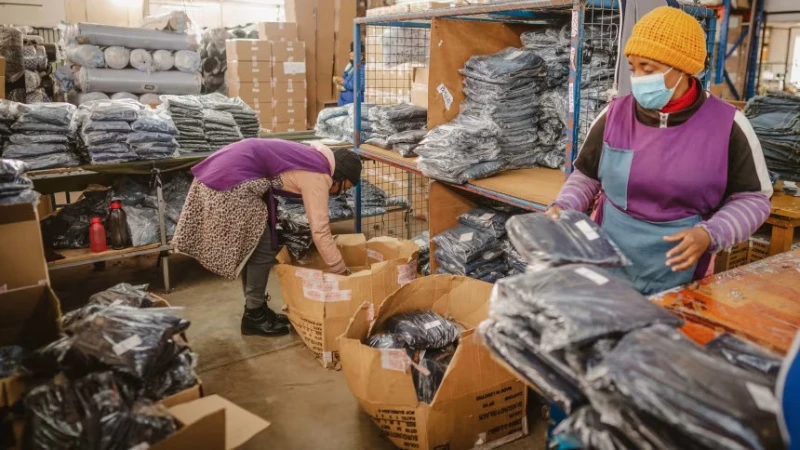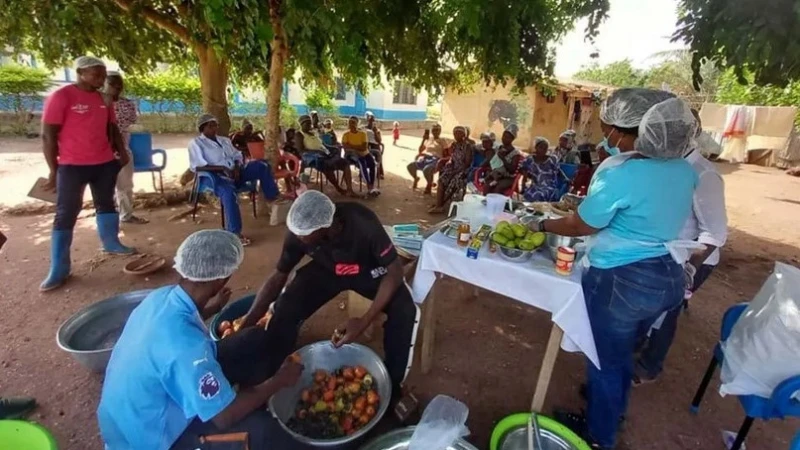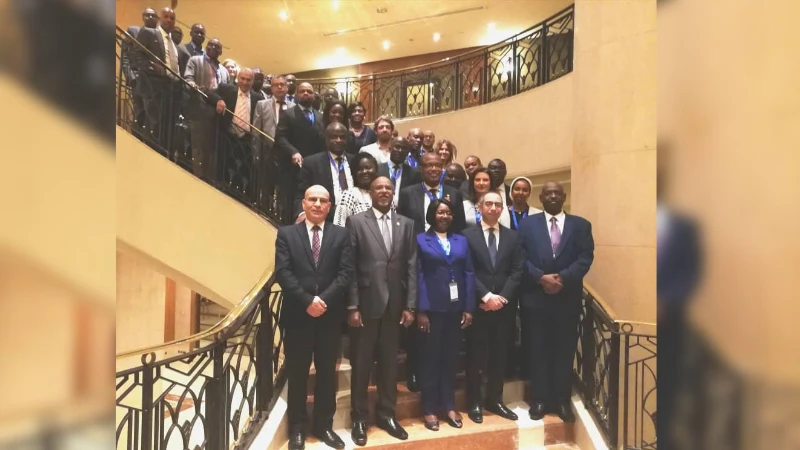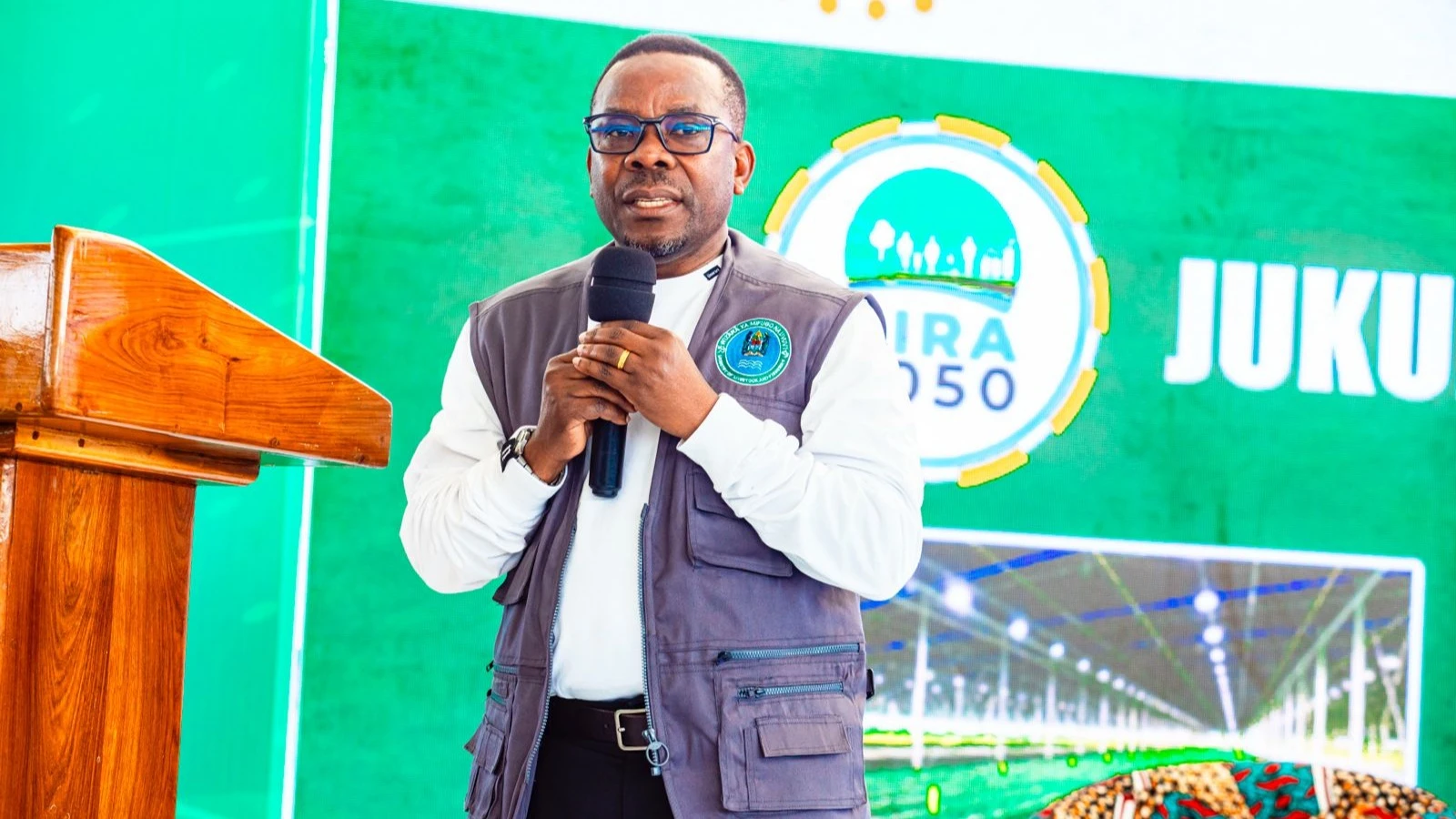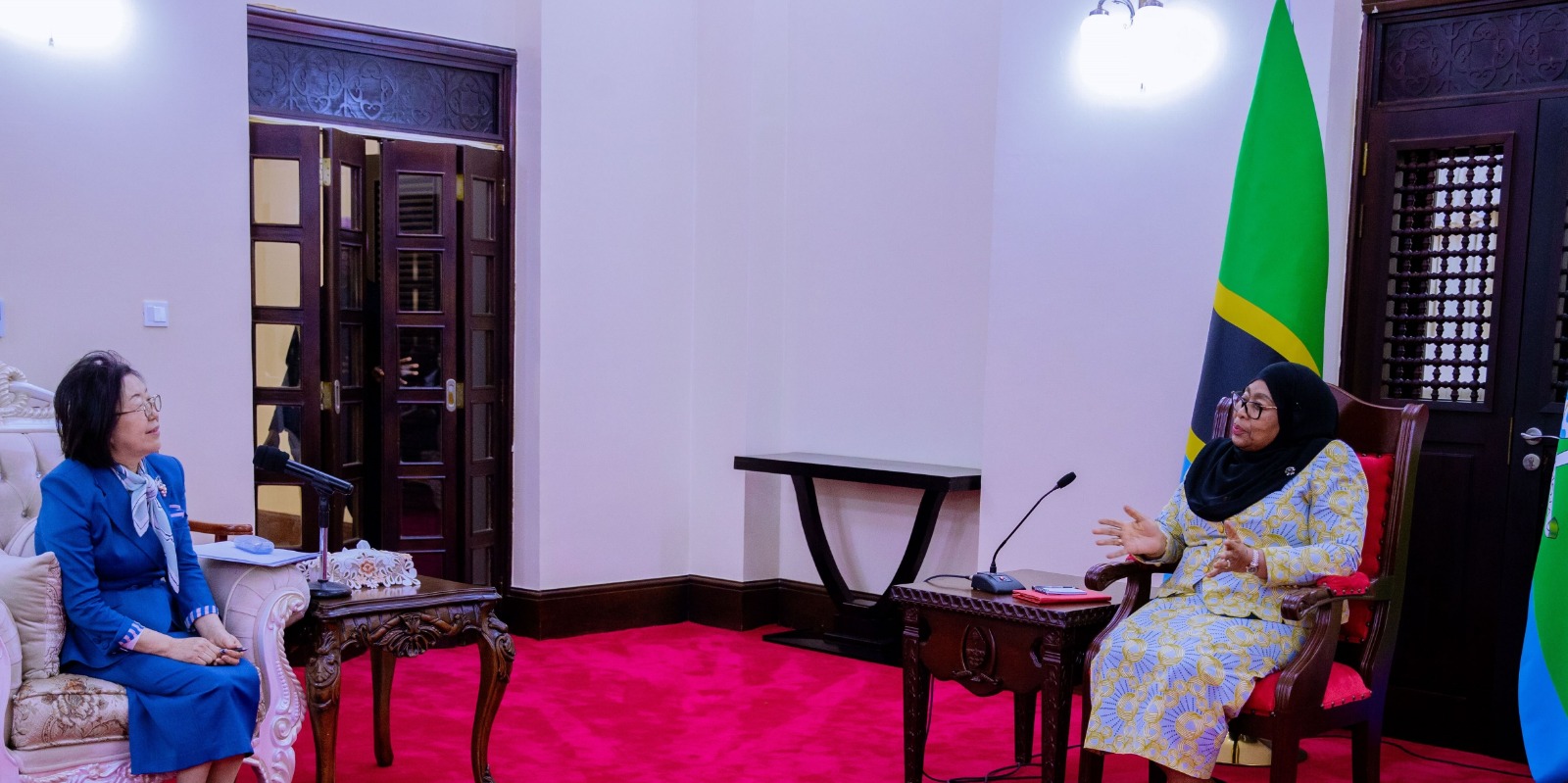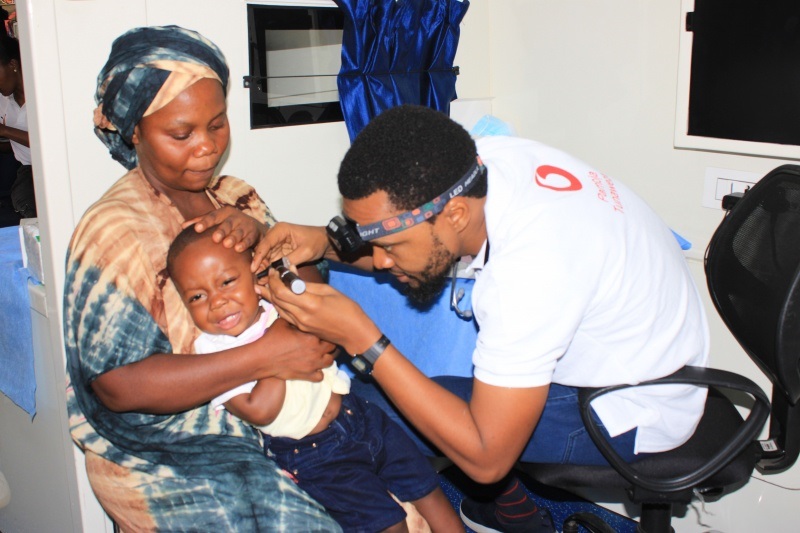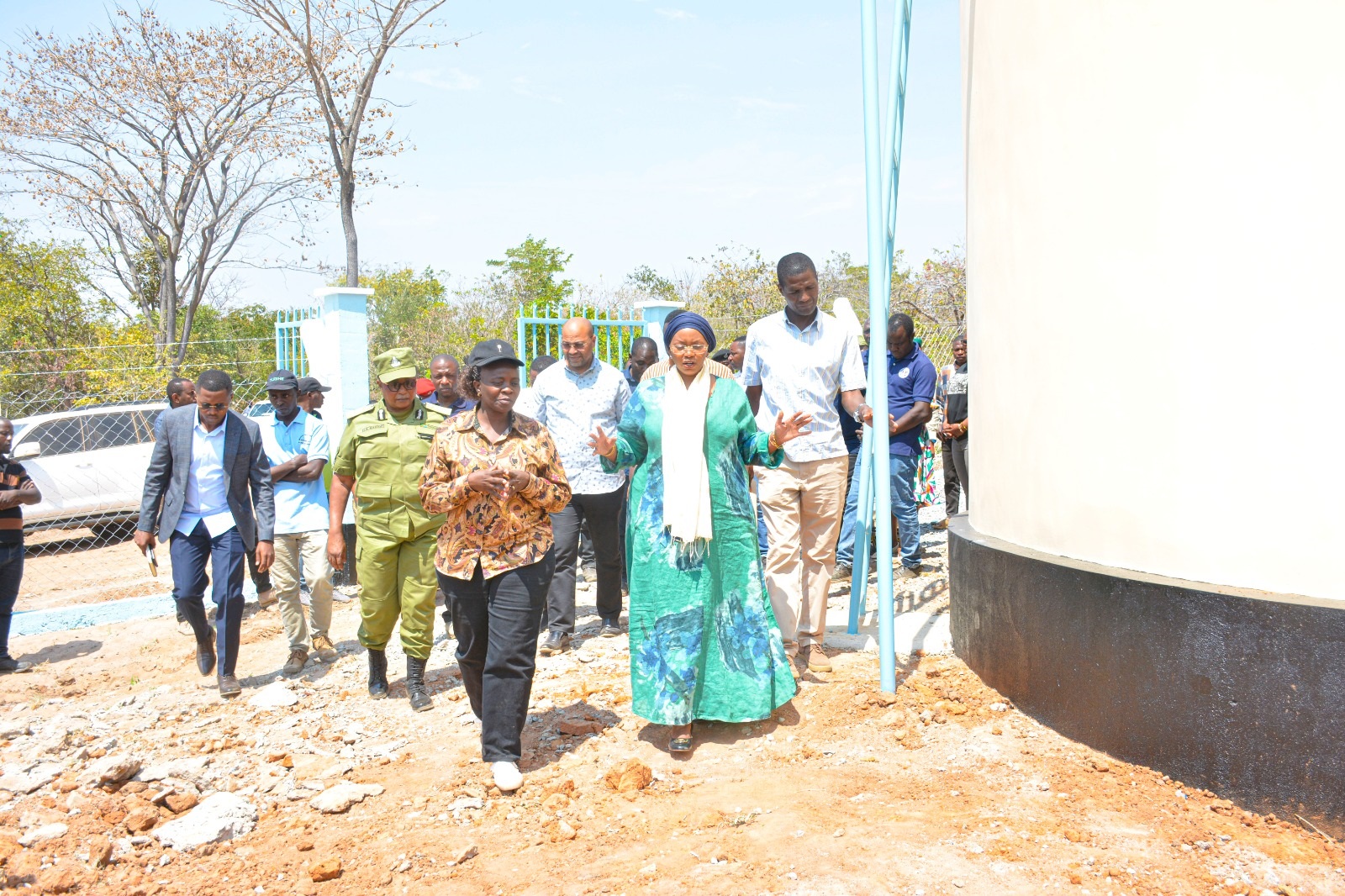Empowering African diaspora as key partners in Africa’s economic growth
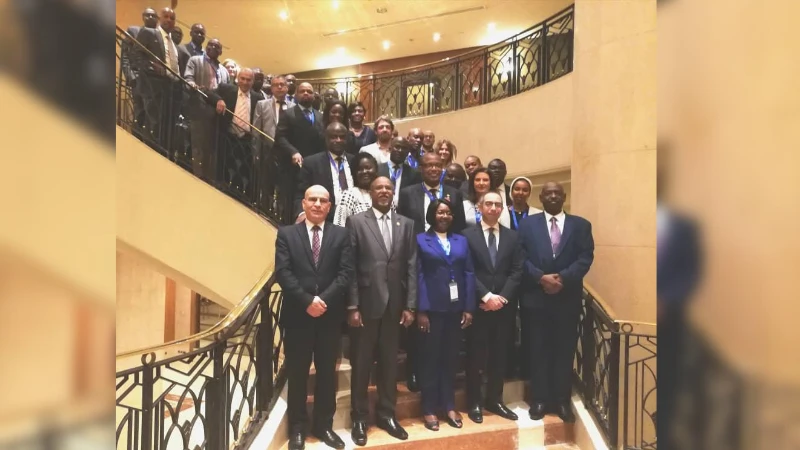
FOR the African Diaspora Network (ADN), the introduction of the African Diaspora Investment and Development Act (AIDA) feels like a long-overdue acknowledgment. After years of advocating for the diaspora to be recognized as more than just remittance senders, ADN welcomes this legislation as a breakthrough — one that finally reflects the reality on the ground: diaspora communities are not passive donors; they are active investors, builders, and agents of change shaping sustainable development.
This bill, introduced by Representatives Sheila Cherfilus-McCormick and Jonathan Jackson, directly tackles the stubborn obstacles diaspora members face when trying to invest or support their countries of origin.
Each year, billions of dollars flow from the African and Caribbean diaspora in the U.S. back home — money that goes beyond family support, fueling education, healthcare, housing, and startups. But despite this massive financial contribution, the system has long been stacked against them, burdened by high remittance fees, scant tax incentives, and weak institutional support. AIDA steps in to change this narrative.
What makes AIDA stand out is its grounding in lived experience. It isn’t abstract policy; it’s shaped by the realities of diaspora giving and investing. By lowering transaction costs, encouraging investments with clear social impact, and backing fintech innovations created by diaspora entrepreneurs themselves, the bill mirrors how diaspora members live, give, and grow.
For ADN, this legislation is deeply personal. It doesn’t just align with their mission — it validates it. It sends a clear message to diaspora communities who have quietly powered progress for years: your efforts are seen, you’re central, and now you’re being equipped to do even more.
At its heart, AIDA is about building an ecosystem that works for the people who have always shown up for their communities. It pushes for transparency and competition to reduce remittance fees, offers tax benefits to those who want to do more than send money — those looking to invest in ventures that strengthen infrastructure, create jobs, and transform lives.
And perhaps most importantly, it calls on the U.S. International Development Finance Corporation to actively support these efforts by matching diaspora-led investments and backing fintech and money transfer platforms owned by diaspora members themselves.
ADN sees this as a long-needed alignment of U.S. foreign policy with the lived realities of African and Caribbean diaspora communities. For years, they have argued that recognizing diaspora contributions isn’t just about fairness, but about smarter, more sustainable development. AIDA, in many ways, codifies that belief into law.
The resonance of this push is already being felt on the ground. Dr. Susan Edionwe of the Nigerian Physicians Advocacy Group pointed out how even simple reforms — like removing remittance taxes — could be a lifeline for organizations relying on diaspora support to provide critical healthcare.
Eric Guichard, an entrepreneur deeply invested in Africa’s financial sector, called AIDA a “long-overdue shift” in how the U.S. taps into the potential of its immigrant communities for global good. Meanwhile, groups like the Haiti Renewal Alliance highlight AIDA’s potential not just to unlock financial flows but to deepen partnerships between diaspora communities and development institutions.
The timing couldn’t be more urgent. As U.S. foreign assistance to Africa and the Caribbean faces cutbacks amid rising needs, the diaspora’s role is becoming more than complementary — it’s essential. Remittances have already surpassed traditional aid in many countries, serving as a steady, resilient source of support.
But relying on personal sacrifice alone won’t be enough going forward. What’s needed is a systemic framework that helps diaspora contributions reach further and do more — and that’s exactly where AIDA shines. It doesn’t seek to replace aid with investment but to reshape how the U.S. sees its partnerships — recognizing diaspora communities as co-builders of the future rather than just donors.
Melvin Foote, president of Constituency for Africa, summed it up simply: This legislation is a necessary step in the right direction. For ADN, AIDA isn’t just another bill — it’s an affirmation of a truth they’ve lived for years: diaspora communities are not peripheral players but central architects of global development.
If enacted, it would break down longstanding barriers, opening up new opportunities for families, entrepreneurs, and whole communities across Africa and the Caribbean. In a development landscape often shaped from the top down, AIDA signals a welcome shift toward collaboration, inclusion, and a genuine appreciation for lived experience. It affirms that those who have quietly supported their communities deserve the tools, recognition, and power to help shape their future — not just survive it.
East Africa, and Tanzania in particular, stands to benefit greatly from this transformative policy. The Tanzanian diaspora, estimated at over two million worldwide, sent more than $600 million back home in 2023 alone, according to the Bank of Tanzania. These funds support family needs, healthcare, education, and increasingly, entrepreneurial projects and real estate investments. Yet, this growing financial commitment often meets friction.
High transfer costs, limited access to diaspora-friendly investment options, and complex regulatory hurdles dampen its potential. A particularly thorny issue is Tanzania’s stance on dual citizenship: Tanzanians who take on foreign citizenship must relinquish their original nationality. This rigid policy discourages formal engagement with their homeland, especially when it comes to long-term investments, business ventures, and civic participation.
Experts like Dr. Louise Fox, former Chief Economist at USAID, highlight in her study “Diaspora Investment as a Development Tool” that flexible dual nationality laws can double the chance of diaspora capital flowing back home.
Dr. Ngozi Okonjo-Iweala, WTO Director-General, emphasizes in her work “Africa’s Development and Global Partnerships” how countries that embrace diaspora inclusion through legal reform often outperform others in attracting meaningful investment.
AIDA offers a potential blueprint. If Tanzania, for example, adopts provisions allowing dual citizenship — at least initially for diaspora investors and professionals — it would send a powerful message of openness and trust, building a bridge for Tanzanians abroad to engage meaningfully without sacrificing their identity.
These aren’t just policy points on paper — they represent real stories and daily challenges for diaspora communities trying to make a difference. Take Mariam, a Tanzanian-American software developer based in Seattle.
She’s eager to launch an e-learning platform to support secondary schools in Arusha, yet she finds herself navigating a maze of limited resources and no clear support system tailored for diaspora entrepreneurs like her. Then there’s Joseph, a nurse living in Minnesota, who faithfully sends $400 every month to his mother’s small clinic in Mwanza. Yet nearly 10% of that hard-earned money disappears to transfer fees.
Imagine the impact if those fees were lower, if diaspora-led fintech platforms supported Joseph’s efforts, or if his contributions could be tax-deductible investments. What now feels like personal aid could become sustainable funding for expanding services, hiring more staff, or even launching mobile health units.
Voices from around the globe echo this lived reality. U.S. Ambassador to the UN, Linda Thomas-Greenfield, recently reminded policymakers that diaspora engagement is not charity; it’s a strategic partnership. Esther Duflo’s research at MIT reinforces this, showing how investments rooted in diaspora communities often yield longer-lasting benefits because of the deep, personal accountability they carry.
The late Dr. Calestous Juma, a pioneer in African innovation, argued that tapping into the diaspora’s global expertise and networks is essential for meaningful progress. AIDA embodies these lessons. Yet, the bill’s promise depends on follow-through. Funding alone won’t be enough.
The U.S. International Development Finance Corporation must provide mentorship and support, while African governments update restrictive laws like Tanzania’s citizenship rules. Without these changes, diaspora potential remains untapped. ADN’s deep experience turns AIDA’s framework into real impact. This bill marks a rare moment of genuine listening, recognizing diaspora communities as true partners with a seat at the table.
Top Headlines
© 2025 IPPMEDIA.COM. ALL RIGHTS RESERVED











